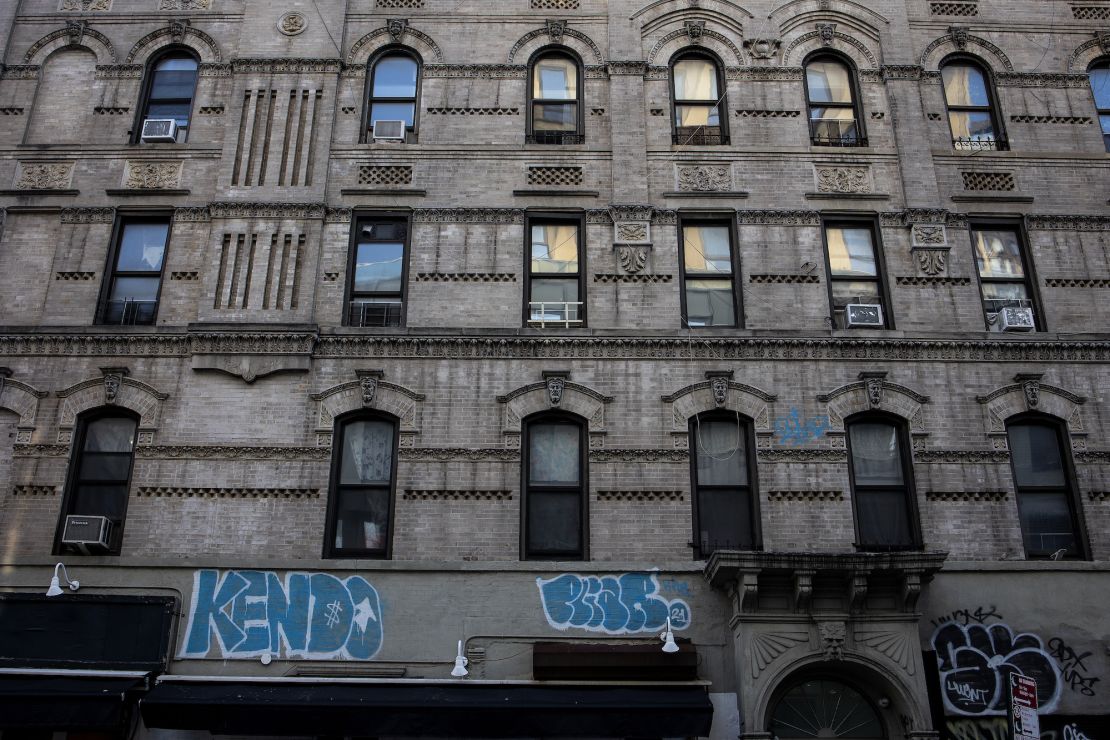
Travelers seeking short-term apartment rentals in New York City are facing increased difficulty as new regulations take effect. The city has begun enforcing rules that significantly limit the availability of rentals on platforms like Airbnb.
As of Tuesday, many listings will no longer be available for stays shorter than 30 days unless property owners complete a stringent application process and obtain an official registration number. According to the city, these new rules aim to enforce existing laws, protect visitor health and safety, and prevent housing from being diverted to illegal short-term rentals (STRs).
The registration requirements are strict. Short-term rentals are only allowed if the host is present in the same unit and there are no more than two guests. This applies even if the host owns or lives in the building, a rule that has disappointed some homeowners who depend on rental income.

The city describes illegal short-term rentals as a “public nuisance,” citing nearly 12,000 complaints related to issues like noise and crime from 2017-2021. The city has also highlighted concerns about fire safety in these unregulated accommodations.
Airbnb and local hosts challenged the new rules in court, but their lawsuits were dismissed. The platform argues that the rules amount to a “de facto ban” on short-term rentals, negatively impacting the tourism economy and local businesses.
The new regulations will also affect other rental sites, such as Vrbo, which will also need to comply with these rules. Expedia Group, which owns Vrbo, has declined to comment.
A representative from NYC Tourism + Conventions has stated that it’s too early to determine the impact of these rules on tourism. However, Bjorn Hanson, a professor at NYU's Tisch Center of Hospitality, believes the reduced inventory could affect visitor numbers and group travel, as Airbnb represents a significant portion of the city's lodging options.
Hosts may try to circumvent the rules by listing properties for 30 days at reduced rates, despite not intending to honor the full duration.
The city has reported that, by early 2023, nearly 11,000 listings were violating occupancy laws. Only about 260 out of over 3,200 applications for registration have been approved. The city plans to convert listings without registration numbers to long-term stays or deactivate them.
For those with upcoming Airbnb bookings in NYC, existing reservations through December 1 will be honored, though Airbnb will refund fees to comply with the new regulations. Reservations starting December 2 and beyond will be canceled, and guests will receive refunds. All unregistered listings will be either converted to long-term stays or removed.

:max_bytes(150000):strip_icc():format(webp)/alec-baldwin-torino-film-festival-121824-3cf7cfbe5c4f4bcbb9197de4de062ea6.jpg?strip=all&resize=370,370)
:max_bytes(150000):strip_icc():format(webp)/Jimmy-Fallon-and-Prince-Harry-092624-baa1362d743d4f39a7d60bf57eb6e8b2.jpg?strip=all&resize=370,370)
:max_bytes(150000):strip_icc():format(webp)/randy-moss-121324-40b858c71b0f40bfa399e2fe00152b2a.jpg?strip=all&resize=370,370)
:max_bytes(150000):strip_icc():format(webp)/scandal-kerry-washington-121824-c51a2b5f0ef741268474bec2498c285a.jpg?strip=all&resize=370,370)
